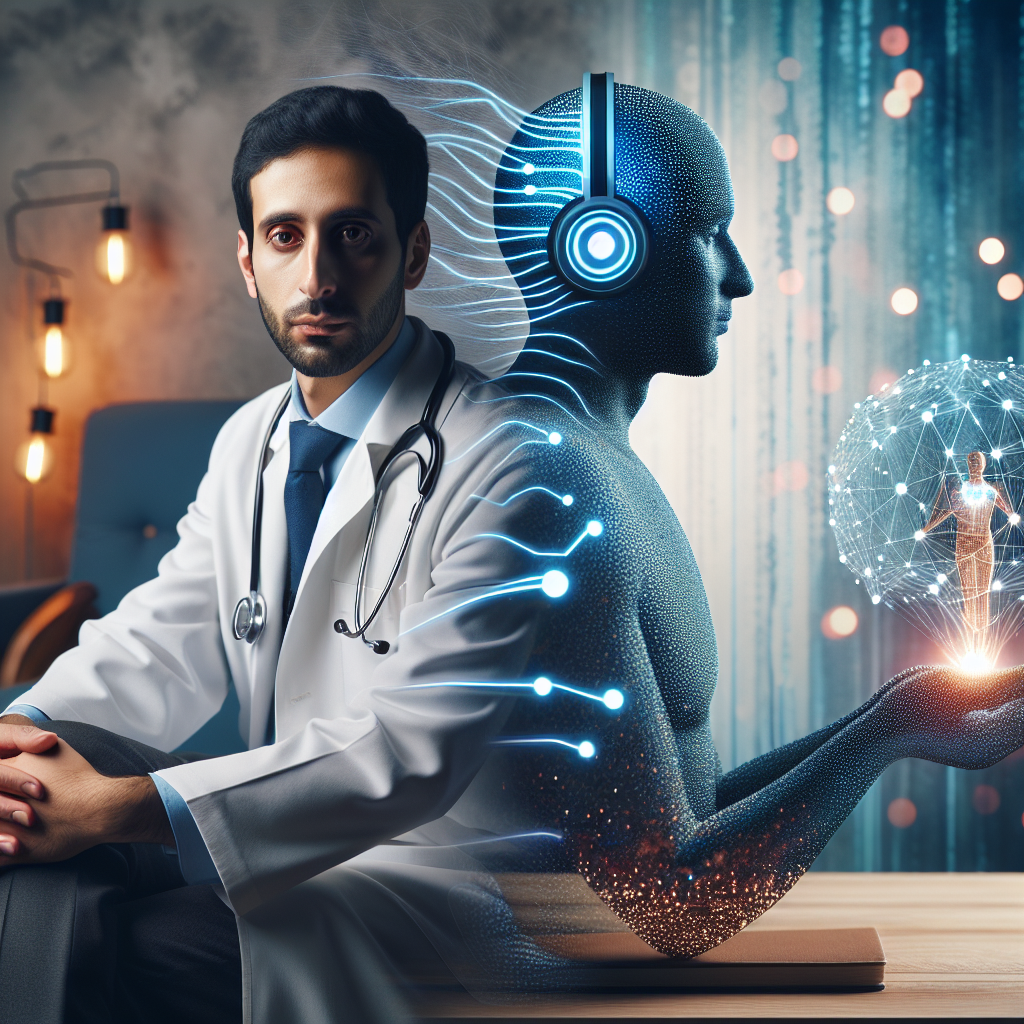In recent years, artificial intelligence (AI) has made significant advancements in various fields, including healthcare. As AI technology continues to evolve, there is a growing debate about whether AI can replace human therapists in providing mental health care. While AI has the potential to revolutionize mental health treatment, there are ethical and practical considerations to consider.
The Role of AI in Mental Health Care
AI has the capability to analyze vast amounts of data and identify patterns that may not be apparent to human therapists. This can lead to more accurate diagnoses and personalized treatment plans for individuals with mental health conditions. AI-powered chatbots and virtual therapists are already being used to provide support and guidance to those in need.
AI can also assist therapists in monitoring and tracking the progress of their patients, providing valuable insights into their mental health journey. By analyzing speech patterns, facial expressions, and other biometric data, AI can help therapists better understand their patients’ emotions and behaviors.
The Benefits of AI in Mental Health Care
One of the key advantages of AI in mental health care is its accessibility. Virtual therapists and chatbots are available 24/7, allowing individuals to seek support whenever they need it. This can help reduce the stigma associated with seeking mental health treatment and reach those who may not have access to traditional therapy.
AI can also help address the shortage of mental health professionals in many parts of the world. By providing support to individuals in need, AI can ease the burden on therapists and enable them to focus on more complex cases.
The Limitations of AI in Mental Health Care
While AI has the potential to enhance mental health care, it is not without its limitations. AI lacks the human touch and empathy that are essential in therapy. Human therapists are able to establish a strong rapport with their patients, providing emotional support and understanding that AI cannot replicate.
There are also concerns about the accuracy and bias of AI algorithms. If not properly trained and monitored, AI systems can make errors and perpetuate existing biases in mental health treatment. This can have serious consequences for patients and undermine the effectiveness of AI in therapy.
Conclusion
While AI has the potential to supplement and enhance mental health care, it is unlikely to replace human therapists entirely. The human element of therapy, including empathy, compassion, and understanding, is irreplaceable. AI can be a valuable tool in improving access to mental health care and supporting therapists in their work, but it should be used cautiously and ethically to ensure the well-being of patients.
FAQs
Can AI provide personalized therapy to individuals?
AI has the capability to analyze data and identify patterns to provide personalized treatment plans for individuals with mental health conditions.
Are virtual therapists and chatbots effective in providing mental health support?
Virtual therapists and chatbots can be effective in providing support and guidance to individuals in need, but they lack the human touch and empathy that human therapists can provide.
How can AI help address the shortage of mental health professionals?
AI can help alleviate the burden on therapists by providing support to individuals in need, allowing therapists to focus on more complex cases.
What are the limitations of AI in mental health care?
AI lacks the human touch and empathy that are essential in therapy, and there are concerns about the accuracy and bias of AI algorithms if not properly trained and monitored.
